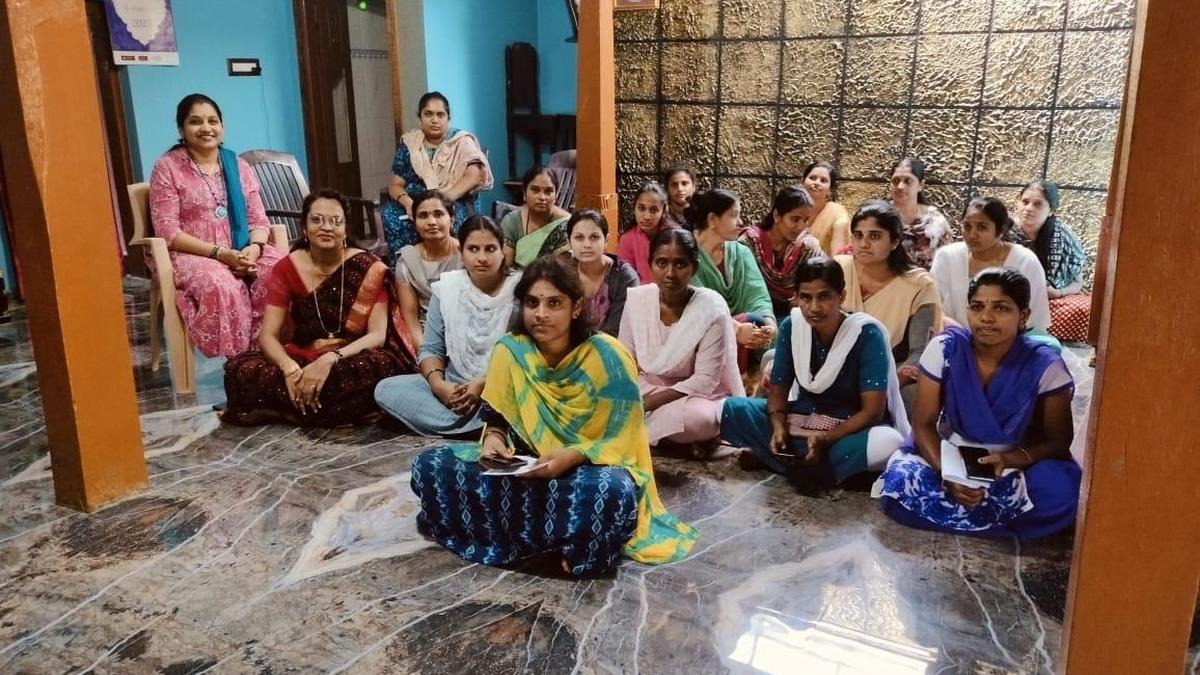
Follow WOWNEWS 24x7 on:

Key Highlights from Mandya’s Bold Health Initiative
In an impressive stride toward menstrual health and environmental sustainability, Rural Development Minister Priyank Kharge announced the distribution of 2,200 menstrual cups in Mandya district under the Sakhi Suraksha scheme. The initiative reflects the government’s commitment to support women’s dignity and period health, challenging old taboos while promoting sustainable practices.
A New Model for Menstrual Hygiene
Menstrual cups, long-lasting and reusable, were chosen due to their effectiveness in reducing monthly costs and environmental waste compared to disposable pads.
Distribution was funded through Corporate Social Responsibility (CSR), allowing for a wider reach in rural communities without burdening government resources.
In its first phase, the project targeted ASHA workers, equipping them with menstrual cups and comprehensive training on safe usage, cleaning, and advocacy methods.
Grassroots Awareness and Education
ASHA workers play a critical role: they will visit households, educating women and girls about cup usage, benefits, and basic hygiene, while dispelling myths about menstruation.
Awareness drives underscore a key message from Minister Kharge—menstruation is natural, not impure or shameful. Efforts aim to boost self-esteem, health, and participation among rural women.
Plans for Wider Reach
The scheme will soon expand to include Anganwadi workers and helpers, female school staff, women's cooperative society members, and Gram Panchayat women leaders.
Subsequent phases are slated to reach adolescent girls in schools and colleges, aiming for district-wide coverage by next Independence Day.
Simultaneous launches also began in Mandya’s seven taluks, with symbolic cup handovers and the formation of local task forces for oversight and follow-up.
Environmental and Health Impact
Reusable menstrual cups significantly cut down the amount of non-biodegradable waste, aligning with the state’s push for clean villages and better sanitation.
Training emphasizes the health benefits: lower infection risks, convenience, cost savings, and less anxiety during periods.
Voices and Vision
Minister Kharge’s message is clear—menstrual hygiene must be accessible and stigma-free for all women and girls, regardless of locality or income.
Rural leaders, including Mandya’s district minister, actively support the scheme, calling for collective action and education.
The district aims to continuously monitor use, outcomes, and feedback, ensuring safe adoption and long-term behavioral change.
Conclusion
Mandya’s menstrual cup drive, led by Minister Priyank Kharge and supported by CSR funding, sets a precedent for women’s empowerment, health, and sustainability in Karnataka. As education and distribution expand, the Sakhi Suraksha scheme could become a national blueprint for menstrual dignity and rural well-being.
Sources: Udayavani, Deccan Herald, Devdiscourse, News18, PTI, Times of India


